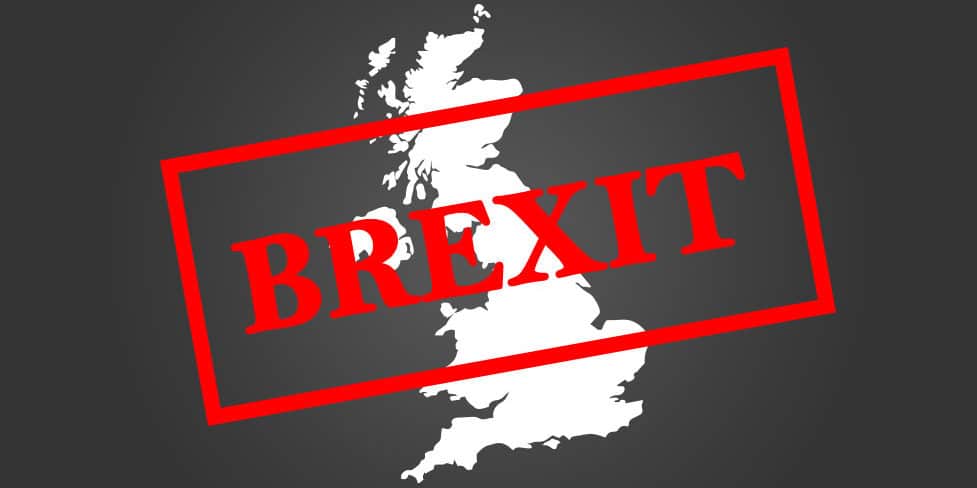Since the results of Brexit were announced, we have received a number of enquiries from concerned clients and prospective company owners who are worried about their future options and success. We wanted to provide some useful information to put your mind at ease regarding some of the most common company formation queries and concerns about the impact of Brexit on UK limited companies.
What will happen to my existing limited company?
If you have already registered a UK limited company in England and Wales, Scotland, or Northern Ireland, there will be no changes to your incorporation status in the lead up to leaving the EU. It’s business as usual. When we leave the EU, your company registration will also remain unchanged – there will be no need to close and re-register because your company is incorporated and protected under established UK corporate legislation.
- Our company formation packages - for UK and non-UK residents
- Can I move my UK limited company to a different country?
- Business bank accounts for non-UK residents
Your residential status has nothing to do with your company registration. Regardless of whether you’re a UK-resident director, a citizen of another EU member state, or a resident of any other non-UK country, the incorporation status of your company will not be affected when the UK leaves the European Union.
Hundreds of UK companies are already owned and managed by people who do not live or work in the UK or EU.
Can a non-UK resident form a UK company after Brexit?
Absolutely. You can still set up and run a UK limited company at the present time and after we leave the EU, irrespective of where you reside. As previously mentioned, a great many people who currently reside outside the United Kingdom and EU have successful companies in the UK at the present time.
As it stands, the company formation process should remain exactly the same during and after the Brexit transition period.
Of course, no one knows for certain if there will be any significant legislative or procedural changes to UK company registration and compliance after Brexit, but it is highly unlikely. Rest assured, we will be the first to know of any such changes being announced.
Should I wait until the UK leaves the EU to form a company?
We do not foresee any benefits of delaying your company formation plans until after Brexit.
There will always be elements of economic, political, and social uncertainty when running any type of business in any type of climate. So if you’re ready to start your business now, you should do so. This will give you the best opportunity to establish your brand, build up a loyal customer base, familiarise yourself with imports/exports (if applicable), plan ahead, and prepare for any changes that may impact your business when we leave the EU.
Will I have to pay more tax after Brexit?
We’re still in a period of uncertainty, but it is likely that our departure from the EU will have significant VAT implications. When we leave the EU, we will no longer be part of the common VAT system, which is based on EU VAT law. The UK will, therefore, be free to introduce its own VAT rates and rules, which could be of great benefit to a number of UK businesses.
However, EU imports and exports will be subject to customs controls if we lose our free trade agreement. This will result in a cost increase for UK businesses which will likely require paying import VAT and customs duties. If you currently have manufacturers, suppliers, and customers in the EU, it would be a worthwhile exercise to speak to a professional advisor to discuss future plans and explore potential options for the future.
At the present time, the UK has the lowest Corporation Tax rate (19%) of all major global economies.
What impact will Brexit have on imports and exports?
The existing free trade agreement is still in place, but we do not know if a similar agreement will be put in place after Brexit – such as the EEA free trade deal enjoyed by Norway, or the EFTA arrangement enjoyed by Switzerland. Whatever the outcome, UK businesses will still be able to import and export goods.
In the event that trade restrictions are introduced in the new agreement, any packages you deliver to EU customers would have to go through customs in the recipient country. As a result, deliveries would take longer. Additionally, parcels above a certain value would be subject to tariffs, import duties, and VAT.
However, there will likely be a lot of competitive delivery options introduced by couriers, and you may see an increase in your UK customer base as a result of import/export charges. There’s usually a positive flip side to most disadvantages if you look closely enough, so it’s important to plan, prepare and be ready to act accordingly when the time comes.
The best course of action is to speak to a professional advisor or accountant to explore your options. Streamlining costs and reducing overheads in the run-up to Brexit could alleviate any additional VAT and customs-related costs you may incur, thus enabling you to maintain a competitive advantage with existing and potential EU customers.
Please note that the information provided in this article is for general informational purposes only and does not constitute legal, tax, or professional advice. While our aim is that the content is accurate and up to date, it should not be relied upon as a substitute for tailored advice from qualified professionals. We strongly recommend that you seek independent legal and tax advice specific to your circumstances before acting on any information contained in this article. We accept no responsibility or liability for any loss or damage that may result from your reliance on the information provided in this article. Use of the information contained in this article is entirely at your own risk.










Join The Discussion
Comments (1)
very well explained I understand all your points keep up the good I’ll keep visiting